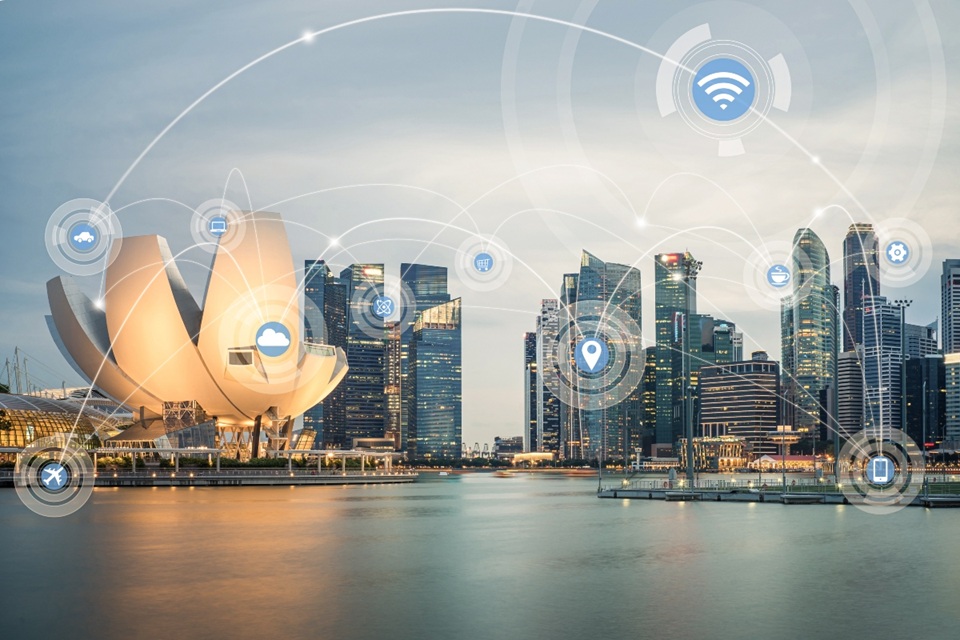An HVAC service call that was missed during scheduling can have a domino effect. Your customers never hang up and wait when they cannot reach your business in key moments. They go away to your competition and often never return to try your company again.
It impacts your bottom line immediately with lost revenue opportunities. However, the more lasting harm is gradual: damage to your brand and a loss of trust among your customers.
In this article, we will address the unseen cost of missed HVAC service calls and how to ensure your business does not miss a single one. Let us take a look at how contemporary answering services from Signpost can revolutionise your customer interaction and save your bottom line from unwarranted losses.
Effects of Missing HVAC Service Call: What’s At Stake
-
Immediate Revenue Loss
Each missed call is money literally walking out the door. Missed calls may cost businesses an average of $62 per BIA Advisory Services. That number is usually even higher for HVAC companies, as heating and cooling problems tend to be more urgent. Just one emergency repair or system installation can result from a single customer contact, leading to thousands of dollars in revenue.
-
Damaged Brand Reputation
When HVAC systems go down, customers expect HVAC companies to be available. Failing to answer their calls in times of crisis leaves a bad taste that travels through online reviews and word-of-mouth recommendations. One bad experience can negate months of marketing and community building.
-
Customer Acquisition Costs Rise
Gaining lost clients is many times more expensive than retaining current clients. Missed calls send potential customers out the door and to your competitors, making your marketing dollars work overtime to source new prospects. You absorb additional costs of gaining these replacement customers through advertising and promotional campaigns.
-
Competitive Disadvantage
The HVAC markets are super-competitive, with many companies competing in the same geographical zones. If your customers cannot connect to your business, they move on to the next company on their list. If a competitor meets their service requirements well, it becomes almost impossible to win back that customer.
Is It Possible to Prevent It?
Yes, with the proper communication strategy in place, missed HVAC service calls are avoidable.
Answering services have become the best solution for HVAC companies. These services are totally dedicated to phone support and are integrated within your operations. Answering services provide the real human interaction that customers expect during service emergencies, unlike voicemail systems or automated responses.
One company that tailors their communication specifically to the HVAC industry is Sign Post Service. They know that heating and cooling emergencies require a sense of urgency, and they will treat customer calls with the same professionalism as your staff. This ensures that no opportunity gets lost in translation while maintaining a human touch that converts people into customers.
How Answering Services Can Help You Prevent Missed Service Calls
Professional answering services, such as one from SignPost, provide HVAC businesses with an all-around communication safety net. Their availability matches customer expectations during heating and cooling emergencies, and they are available 24/7. If your techs are on job sites or your office shuts down for the day, trained operators are still taking calls and scheduling appointments.
These services sit directly inside existing scheduling systems and customer management processes. Operators can access your availability calendar, appointment bookings, and customer information collection. Therefore, the answering service and your internal operations are well-connected and streamlined.
Its usage becomes most critical during extreme weather when HVAC demand goes through the roof, as emergency call handling comes in really handy during such times. By using services, urgent calls can be given priority, emergency technicians can be dispatched, and potential customers can be given a realistic schedule about when they can receive service.




